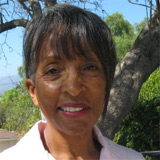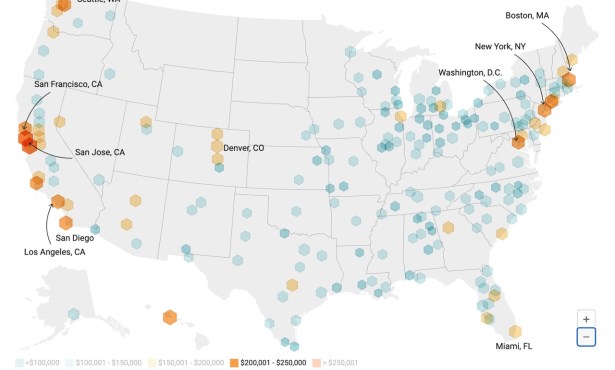Speaking the Language of Love
Thanksgiving is a time for giving thanks and speaking the Language of Love. But just like any other language, we need to be taught how to speak in loving ways. My greatest teachers of this divine and human language came in an unlikely way. At Yale I spent almost four years reading hundreds of books, sometimes two or three per week and often from primary sources. In addition daily class discussions of the readings were expected to be rational, critical, and thoughtfully woven with our own coherent perspectives. We even studied Greek and Hebrew, and I remember thinking I have never scanned so much knowledge and deeply touched so many periods of human history as at Yale Divinity School. But my final year came, and little did I know that my whole world was about to change.

That summer I had to complete a chaplaincy internship. I was accepted into an amazing program just outside of Washington, D.C., in a hospital and nursing home. My very first patients were living in the facility, I arrived there fresh from the logical, the ethical, and the judicious, each packaged in coherent, well-reasoned communications. But in locked-down Unit 2A, I was faced with people who no longer remembered their own names or who they were, and some of them for safety reasons were chained to their chairs. For weeks, every time I left the unit I cried. Until one day my chaplaincy supervisor said, “Akivah, you have to stop crying. These are your patients, and you have to learn how to serve them and not to just feel sorry for them.”
After that talk each day I set out to serve my patients in the acute Alzheimer’s unit, and they taught me how to speak the Language of Love. In fact it was the people who had lost their reason who taught me how to communicate without thoughts. I learned that loving communication does not have to have reasons or be filled with words. I learned to trust that love can be silent and unspoken. I learned that love just is, and love showed up every time I just sat with them, quietly listening. Love showed up when I took them on a stroll through the hospital gardens or sang with them (they often remembered every word of a song) or smiled deeply — our souls transcending space and time, reminding us that being human is not always about cognition. You see, they may have lost the abilities so highly prized at Yale, but they absolutely knew when you cared and when you loved. They taught me the language of the deep heart and to respect that language. They taught me to just be with another human being with no expectations. To just be with another and listen to their being and to speak without words or thoughts; to visit and care and to love unconditionally without expectations or tomorrows. You see, for them life had narrowed down to a few very simple experiences. They did not remember the days, the times, the seasons, the stresses, or the reasons.
And now as I write this week’s column, I too am reminded of this experience and that my days are still too filled with seeking rewards for thoroughly understanding theology, ideology, and social movements and for developing brilliant and new ways of expanding that knowledge. So this Thanksgiving I to want to honor my greatest teachers and remember to speak the Language of Love and to give and live thanks for everyone I meet. My prayer for you this season is that you also speak the Language of Love from your deep heart and that you only use words if you have too.
Love On!
Please write me, and let me know about your experience of “speaking” from your deep heart.
Akivah Northern is a certified Family Wellness Trainer and holds a Master in Divinity from Yale. Her biweekly column explores the deeper heart in all its dimensions. She welcomes heartfelt questions from readers of all ages at mattersoftheheart@independent.com.


